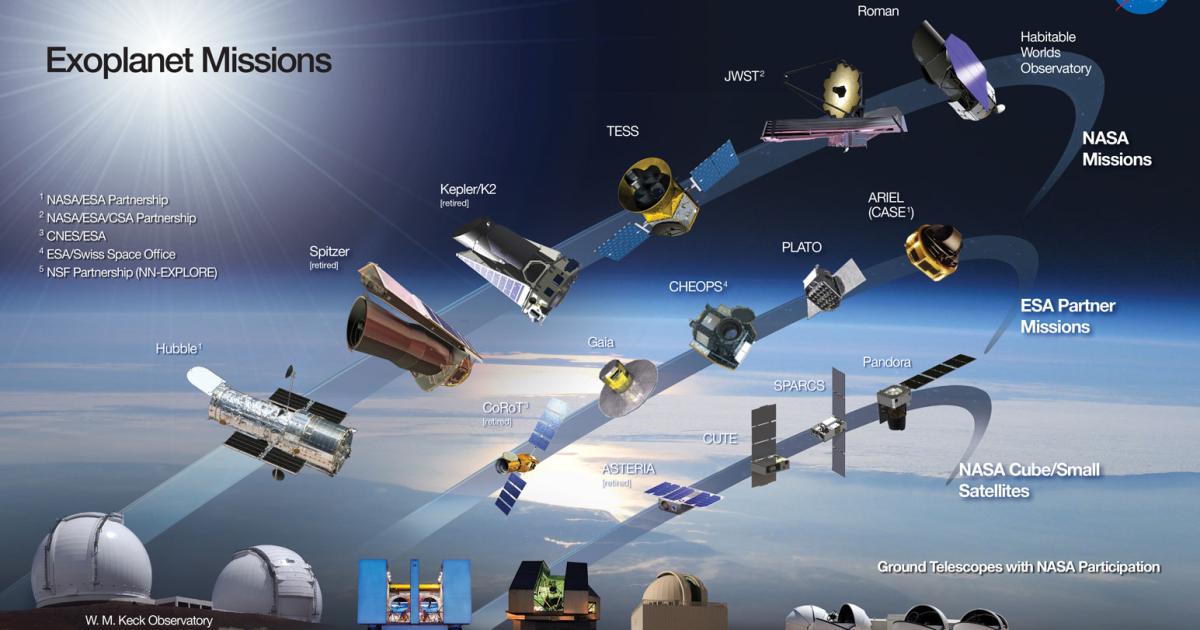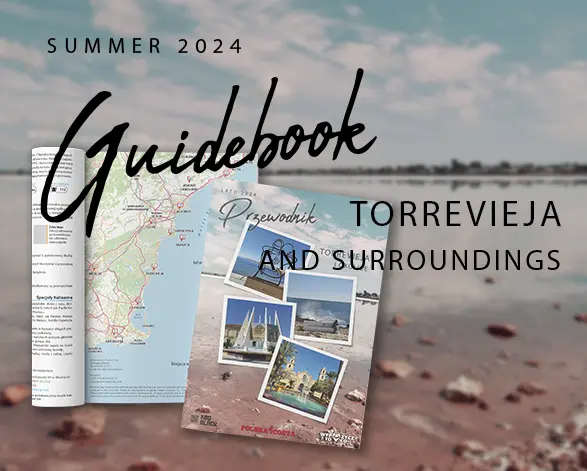
Are we alone in the Universe? In search of a second Earth
There are many factors that must be present on a planet for it to support life, such as adequate distance from its parent star, the presence of an atmosphere, the availability of liquid water and climatic stability. The concept of a "life zone" refers refers to the area around a star where conditions are suitable for the existence of life as we know it. The search for exoplanets in these zones has become a key goal of many space missions and observatories on Earth.
One of the most promising discoveries in the field of exoplanets was the discovery of the planet Proxima Centauri b orbiting the closest star to us - Proxima Centauri. This planet is located in the so-called "life zone" of its star and appears to be a rocky planet with a mass similar to Earth. Although conditions on Proxima Centauri b may be suitable for life, there are still many unknowns, such as the presence of an atmosphere or the existence of water on its surface.
Scientists use a variety of methods to study exoplanets, including observational techniques, computer simulations and chemical analysis. An example of such a method is spectroscopy, which allows scientists to analyze the composition of planets atmospheres by studying starlight passing through them.
Research on exoplanets goes beyond the search for Earth-like planets. Scientists are also analyzing different types of stars, such as variable stars, red dwarfs and pulsating stars, to understand what conditions might affect the the formation and evolution of planets. Discoveries such as the exoplanet Trappist-1e, orbiting the star Trappist-1, where there is the possibility of liquid water on the surface, are raising hopes of finding potential places where life could exist.
There are also programs to search for extraterrestrial life in our solar system. Missions such as the Europa Clipper mission, planned by NASA, focus on exploring Jupiter's moon Europa, which has a subsurface ocean of water, making it a potential site for life.
In addition to searching for potentially habitable planets, scientists are also studying extreme forms of life that can survive in extreme conditions, such as deep oceans on icy moons or extremophiles, microorganisms capable of living in extreme conditions on Earth.
In addition to the physical aspects of the search for life in space, there are also philosophical questions about our place in the Universe. Will the discovery of extraterrestrial life change our view of ourselves and our planet?
Will the understanding that we are not alone in the Universe affect our existence? Although the answers to these questions still remain unknown, it is the very search for life beyond Earth that leads us to discover new mysteries of the Universe and expand our knowledge of life and its evolution.
Ultimately, the question "Are we alone in the Universe?" provokes us to reflect on our place in the Universe and what it really means to be alive. Perhaps it is on this endless journey, in search of answers, that we will discover not only the mysteries of the cosmos, but also the mysteries of our own existence. Are we alone in the Universe? The answer to this question remains unknown to us. But our efforts to find the answer are bringing us more and more knowledge about the cosmos and our place in it. Perhaps it is on this journey, in search of a second Earth, that we will discover more than just the answer to this question - perhaps we will discover a deeper understanding of our own existence. As Carl Sagan said, "We are part of the same universe we came from. We are its childhood. The universe strives for us to understand it".
Contact:
https://www.astronomy.tours
https://fb.com/astronomy.tours
contact@astronomy.tours
+34 623 140 902







